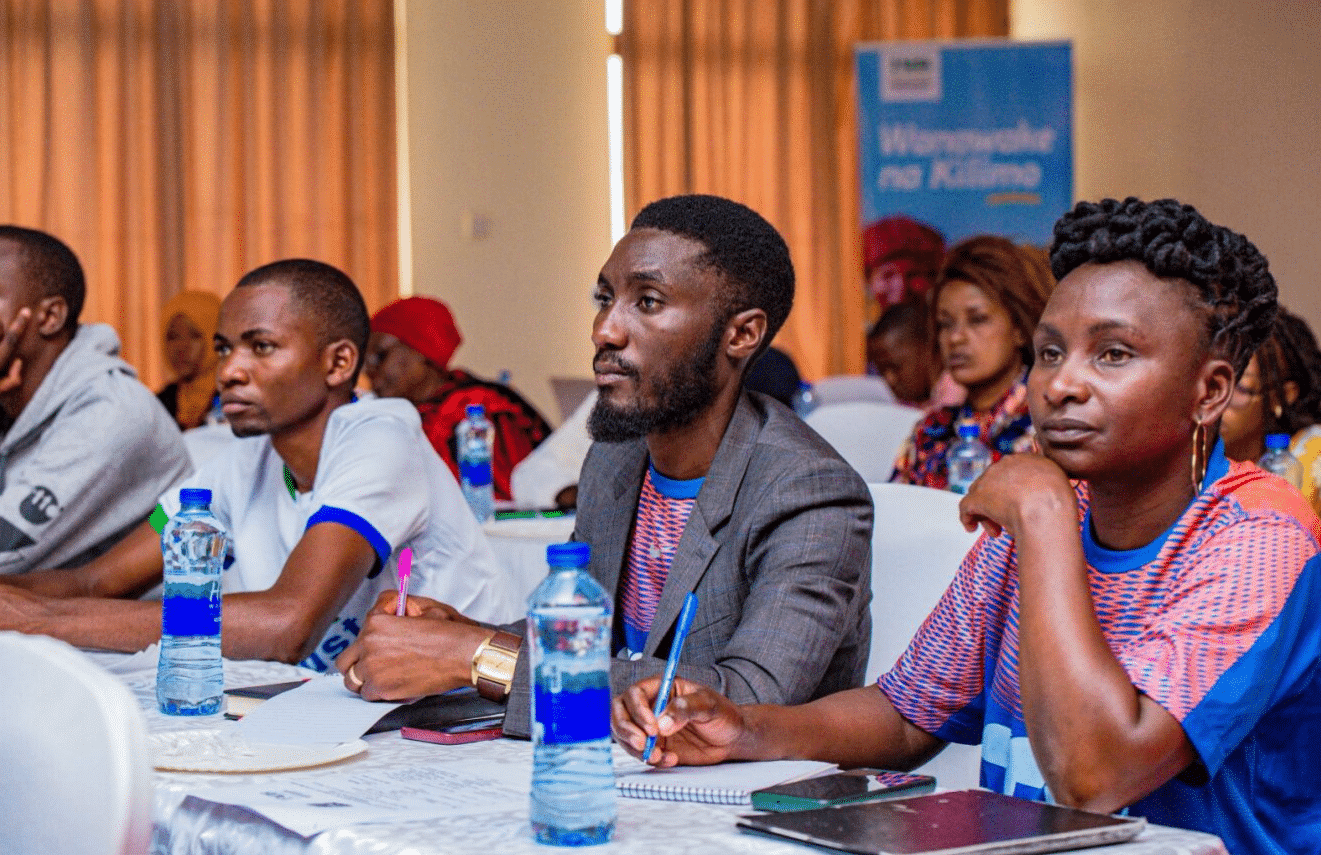It is a strategic investment vehicle complementary to existing tools, especially for companies which lack credibility with traditional financiers, including MSMEs and start-ups. In ACP countries, crowdfunding offers a new avenue to raise capital, and can help address a variety of issues including geographical isolation, banking exclusion, the limited size of addressable capital, etc.
Crowdfunding is an economic and financial driving force for enterprises of all sizes and types, and a tool for participatory democracy. It contributes to the financial inclusion of MSMEs. There are, however, constraints to its development.
The existence of clear regulations is a key element to increase the reach of crowdfunding. In countries where it is now experiencing sustainable growth, the establishment of specific regulations has been a determining factor in developing the sector and making it more professional. However, social and economic issues also need to be taken into account.
Prior to the application of a dedicated regulatory framework, a major education effort has to be carried out. The examples of Tunisia and Morocco, which have recently introduced regulations for crowdfunding, demonstrate the importance of raising awareness among regulators and public decision-makers.
This educational work should also target traditional financiers, who can be reluctant to promote alternative financing models, particularly in ACP countries. However, crowdfunding should be seen as complementary to traditional banking activities, and significant synergy opportunities exist between the two sets of actors.
Beyond the ACP region, it is also important to overcome the reluctance of banks from other regions and those from so-called developed countries. These actors find it difficult to mobilise capital towards the ACP countries, particularly towards the African continent, because of challenges linked to the management and verification of supporting documents that can lead to fraud, money laundering and the financing of illicit activities.
Banks have an effort to make in creating partnerships and investment bridges with crowdfunding platforms in ACP countries. In this regard, Fintechs can play a role as an intermediary and manage supporting documents.
Finally, it is essential to set up communication programmes in order to reach entrepreneurs and investors. Crowdfunding allows for business opportunities, and the diaspora, local investors and key accounts have to be made aware of it. It is up to public decision makers to provide reassurance on the traceability of the projects and investments, in order to develop a secure, transparent and dynamic market.
The growth of crowdfunding relies on multiple factors, which have to be considered in relation to one another in order for the market to reach its full potential.
Crowdfunding can have positive effect on access to finance for the MSME ecosystem, contributing to reaching the Sustainable Development Goals, including the fight against banking exclusion and the geographical isolation of certain countries. It is a strategic tool used to seek funding for alternative projects that benefit the local economy and the economic territorial development.
The opportunities of crowdfunding for ACP countries were discussed by participator finance experts during a live event held on February 11th, the recording of which can be found HERE. It was also an opportunity for the ICR Facility to share the first conclusions of an upcoming report on approaches to support the use of crowdfunding as an alternative financial service, complementary to more traditional financial offers.
If you are eligible from an ACP country, you can APPLY for a short-term technical expertise through the facility to help you address some of these issues in your country. Please find all the details HERE.
The ICR Facility supported the production of this publication. It is co-funded by the European Union (EU), the Organisation of African, Caribbean and Pacific States (OACPS) under the 11th European Development Fund (EDF), the German Federal Ministry for Economic Cooperation and Development (BMZ) and the British Council. The ICR Facility is implemented by GIZ, the British Council, Expertise France, and SNV. The contents of the publication are the sole responsibility of the authors and do not necessarily reflect the views of the EU, OACPS, BMZ or of the implementing partners.
